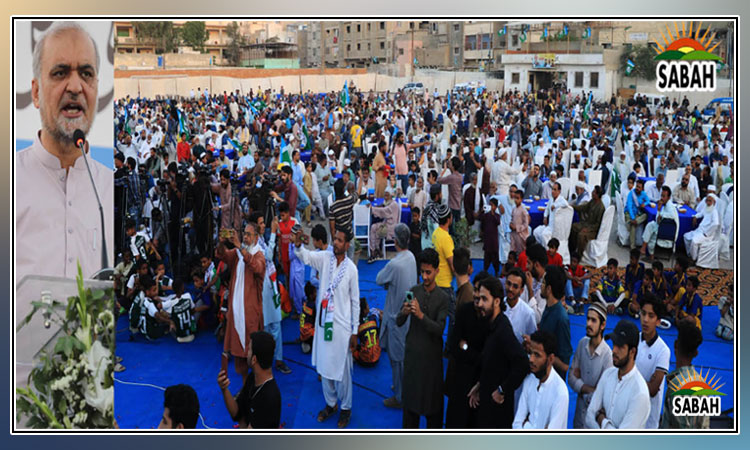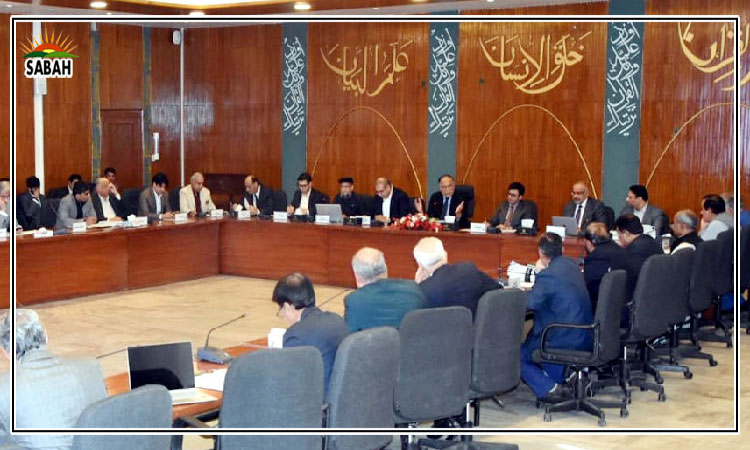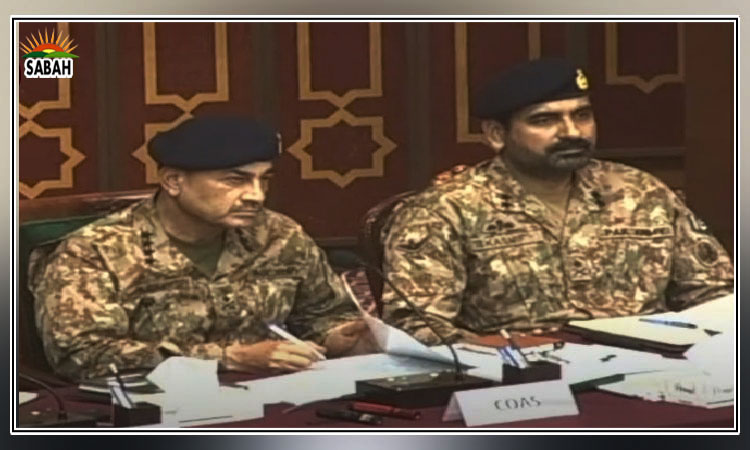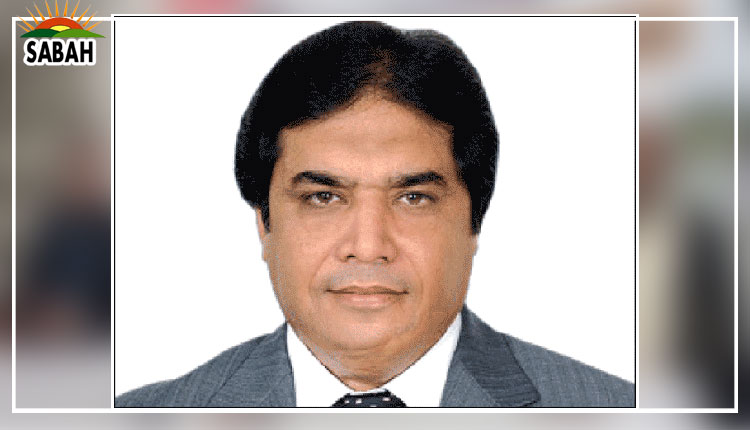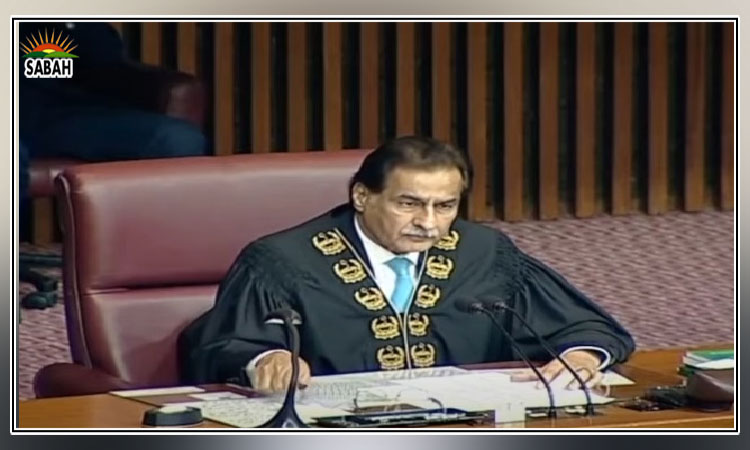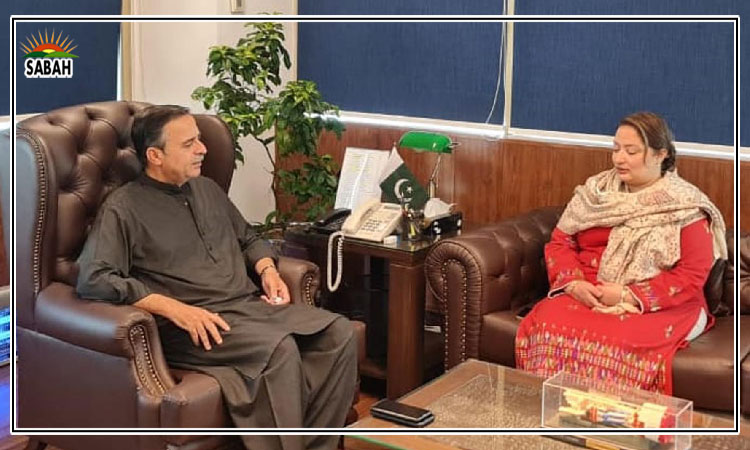Is K-P government failing to tackle terror?… Adeela Naureen/Waqar K Kauravi
Last three months have witnessed a string of terror attacks across Khyber-Pakhtunkhwa which should have rattled any government. However, the functionaries, including the Chief Minister, seem immersed in political shenanigans. Since Pakistan Army sanitised the province from the scourge of terror in 2020, there was a hope that the provincial government and bureaucracy would come forward to build upon the success of Army and FC and corroborate and strengthen law enforcement apparatus to a level that terror would not return to this critical province.
The 18th Constitutional Amendment has actually put the onus of law and order on the shoulders of provinces. Despite the fact that Army and FC won the war on terror through sweat and blood — of course with the help of civil armed forces and the brave people of K-P — there has been clear lowering of guards by the political leadership.
Is it ineptitude, blatant shirking of responsibility or incompetence? This needs to be analysed by the K-P government and PTI’s political bigwigs who keep harping on the need for good governance and merit but have miserably failed on ground. Use of military instrument in operations against the scourge of terror can only create conducive environment, even the strategy of Winning Hearts and Minds (WHAM), after the sanitisation of areas, needs a positive and firm engagement by political leadership — something that seems to be half-hearted and even missing.
Pakistan Army never looked back after Zarb-e-Azb and Radd-ul Fasaad. The WHAM operation was also led by the Army which opened contested terror zones; build road infrastructure to ameliorate ease of access to difficult areas; bankrolled health and education sector in erstwhile FATA; carried out training and capacity building of Law Enforcement Agencies (LEAs), especially police and civil administration; helped tourism return to the scenic valleys of Swat, Kalam, Kaghan, Shogran and Kumrat resulting in the K-P government earning a handsome revenue as tourists flooded the mentioned areas from across Pakistan.
Apparently the K-P government lost sight of the possibility of return of terrorism into the province and was caught napping.
ReliefWeb is a humanitarian information portal founded in 1996. The portal now hosts more than 720,000 humanitarian situation reports, press releases, evaluations, guidelines, assessments, maps and infographics. ReliefWeb operates under the banner of United Nations Office for the Coordination of Humanitarian Affairs (OCHA). OCHA’s Country Office is in Islamabad, and field offices are located in Peshawar, K-P; Lahore, Punjab; and Karachi, Sindh. Its recent report titled ‘Killings, abductions fuel fear of Taliban return in North-West Pakistan’ points towards the K-P government’s lethargy in tackling the return of terror networks in the province. The report quotes various cases of return of terrorism in K-P. This includes the killing of eight people by the outlawed Tehreek-e-Taliban Pakistan on September 13; an improvised explosive device (IED) attack on a vehicle which killed a former member of the peace committee, Idrees Khan, and two policemen; on the same day, seven international cellular company staffers were allegedly abducted from Swat by militants demanding ransom worth Rs10 million equivalent to $42,303 approximately.
Interestingly, the PTI bigwigs have been crying hoarse: Murad Saeed, a former federal minister and lawmaker from Swat, told IPS that he has led a campaign to get the government to put brakes on militants before they establish themselves and there was a repeat of the situation like in 2007 when the group killed soldiers, singers and opponents. “The militants are coming from neighboring Afghanistan … The Taliban are sending threatening letters to people for extortion. They are kidnapping people for ransom,” said Saeed, warning that the residents would march to Islamabad unless the situation changes. “We need peace and prosperity and want the security agencies to stop the militants.”
It’s unfortunate that Saeed is addressing the federal government and not the K-P authorities to improve law and order in the province.
The report goes on to emphasise that Swat was ruled unlawfully by TTP from 2007 to 2010, when its militants were evicted through a military operation. K-P, one of Pakistan’s four provinces, shares a long border with the violence-stricken Afghanistan. Following the Taliban’s rise to power in Afghanistan last year, militants started reappearing in Swat and other border areas. On August 10, the Taliban captured two officers, including one from police, in the nearby mountains of Swat and released their videos. Later, both were freed after a committee of local elders met the militants.
More recently, ANP leader Aimal Wali Khan held a press conference after Bannu terror attack and asked the PTI leadership as to why the law and order situation in K-P was worsening, like in 2008, and how come sitting ministers were funding the Taliban militants within K-P. There is a need to conduct an inquiry into any relations between the K-P government and the Pakistani Taliban.
A comparison of the CTD Punjab with K-P suggests that the latter has been underfunded and less trained, despite the general impression that the K-P government has worked wonders in areas of civil bureaucracy and governance.
If one looks at the activities of the K-P Chief Minister and the ministers responsible for law enforcement, over the past three months, it becomes clear that their focus is on party politics and dealing with the ‘specter of terror’ has taken a backseat during their time in office.
Pakistan can ill afford such attitudes and apathy towards responsibility. Should the federal government and the establishment impose an emergency in K-P, once again, to uproot the scourge of terror from K-P? This is a million dollars question.
Courtesy The Express Tribune



